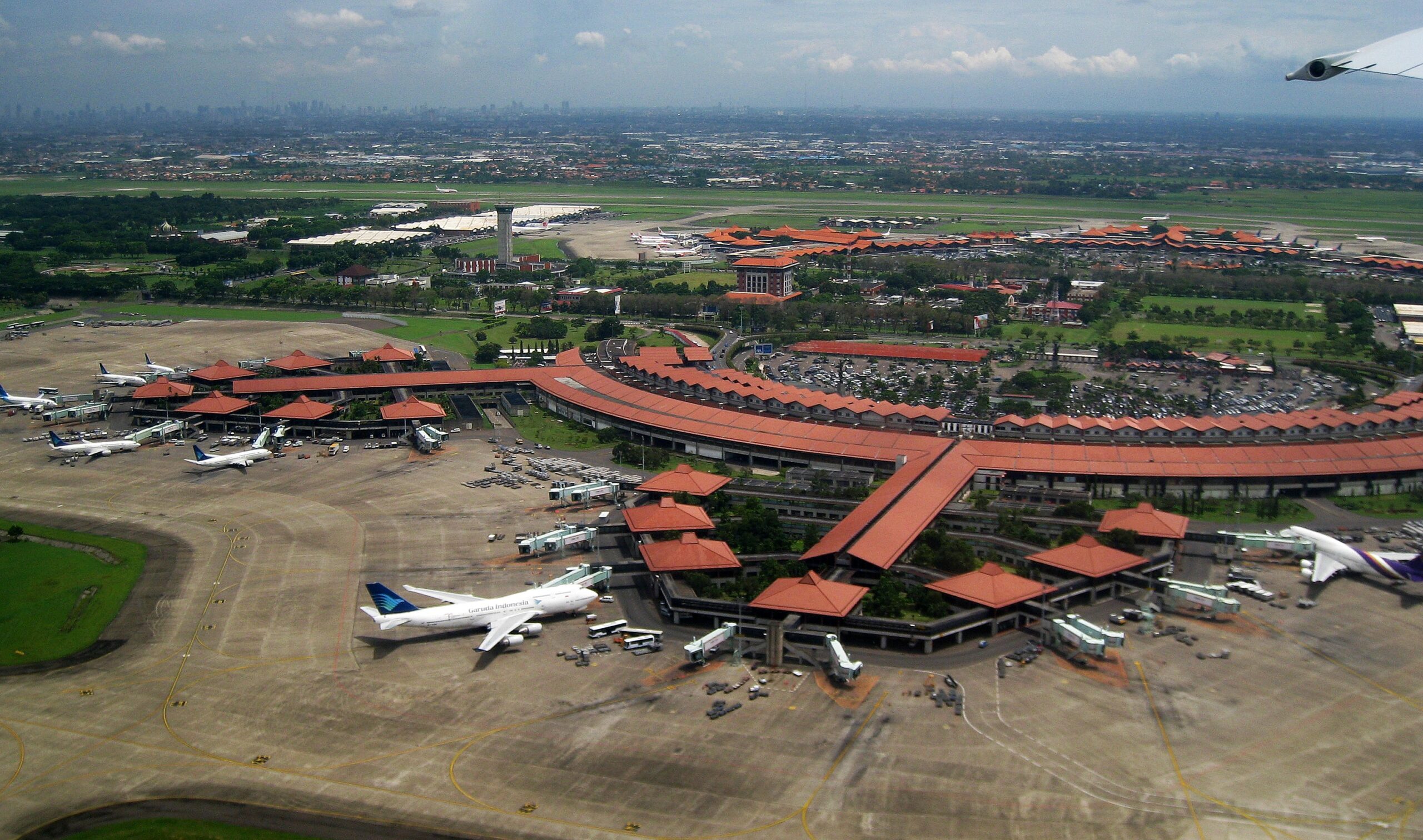JAKARTA – With the Indonesian government’s decision to reduce the number of international airports, PT Angkasa Pura Indonesia, operating as InJourney Airports, has unveiled plans for a regionalization strategy. Faik Fahmi, CEO of InJourney Airports, revealed that this strategy would be implemented across the 37 airports under their purview, with some designated as primary hubs and others as spokes.
Faik stressed that the reclassification of airports from international to regional status wouldn’t hinder access for international passengers or tourists. Rather, the hub-and-spoke model aims to streamline connectivity from major hubs to various regions across Indonesia. “This approach mirrors global aviation industry standards and has proven to be highly effective,” Faik commented during a press conference on Monday (April 29, 2024).
Citing the United States as an example, where a select few airports serve as international points of entry, Faik emphasized the importance of efficient connections between these hubs and other non-international airports to facilitate passenger travel.
Previously managing 37 airports, InJourney Airports oversaw 31 international and 6 domestic airports. Following the issuance of Minister of Transportation Regulation No. 31/2024 and No. 33/2024, the number of international airports managed by InJourney Airports has reduced to 16, with 15 transitioning to domestic status.
InJourney Airports welcomes the government’s initiative, seeing it as a step towards optimizing Indonesia’s airport infrastructure. Faik expressed optimism that this streamlined approach would lead to enhanced air connectivity, thereby stimulating tourism and economic growth through more efficient airport management.
Faik also addressed the underutilization of facilities at certain international airports due to limited international flights, citing examples such as x-ray machines and terminal waiting areas. “Through the Ministry of Transportation’s regulations, we anticipate a more cohesive national airport arrangement that will benefit air connectivity and tourism in Indonesia,” Faik concluded.








